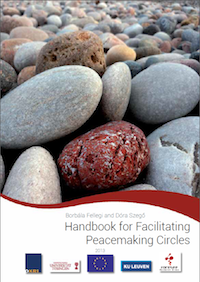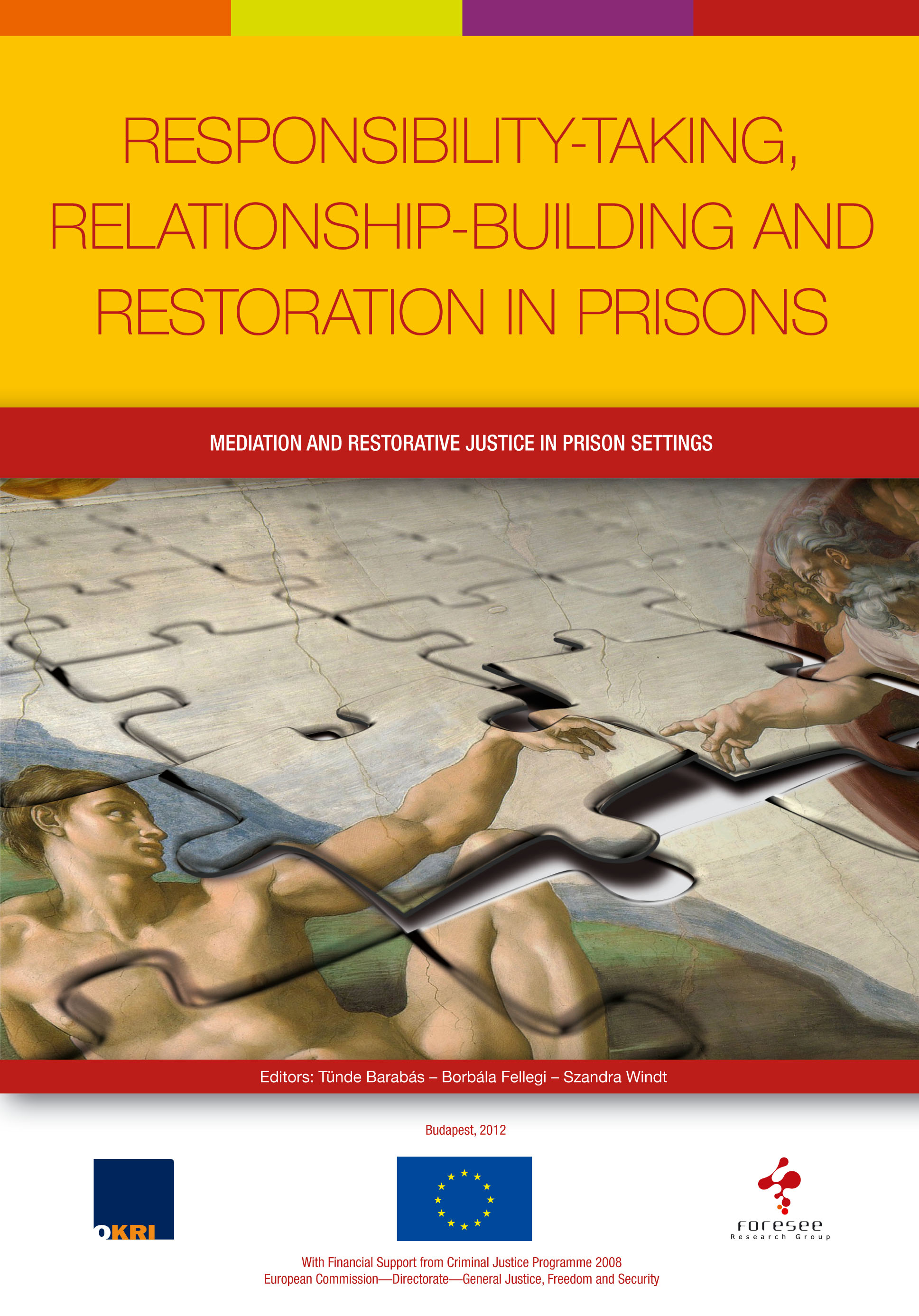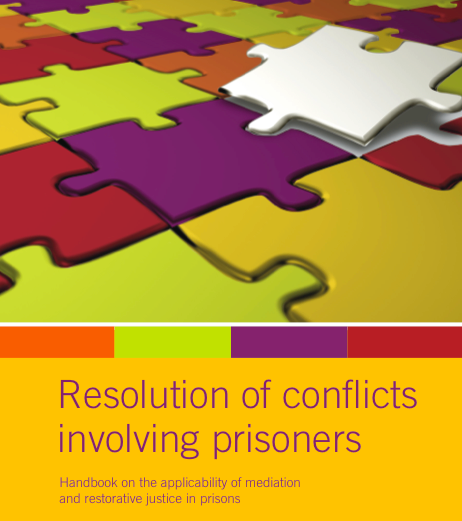The five day conference with the title „Mobilities, Transitions, Transformations – Intercultural Education at Crossroads” attracted educators and researchers from all over the world with the aim to discuss and share research results, best practices and common challenges in the field culture and education. The interactive workshop held by Foresee Research Group on September 8th aimed to introduce participants to the theory and practice of restorative justice with a special focus on its applications in education. Experts from Germany, Slovakia, The Czech Republic and Hungary took part in the session where a case study analysis and discussions on restorative methods have also taken place in an inspiring atmosphere.
The webpage of the conference can be reached here.
The abstract of the workshop:
Restorative methods in education
Fellegi Borbála, dr., Zsuzsanna Z. Papp
Restorative justice is way of viewing conflicts and human relations in general. It encompasses an approach, a set of principles and practices to address and prevent wrong-doing. In the interactive workshop participants are invited to get familiar with the concept of restorative justice and discuss its potentials in a school environment. Characteristics of restorative questions and dialogues as well as more institutionalized forms of restorative interventions such as circles and conferencing are introduced. With the help of a case study, groupwork and discussions concepts like conflict ownership, engagement, being heard, dialogue, conflict transformation and participatory decision making are discussed.














No comments